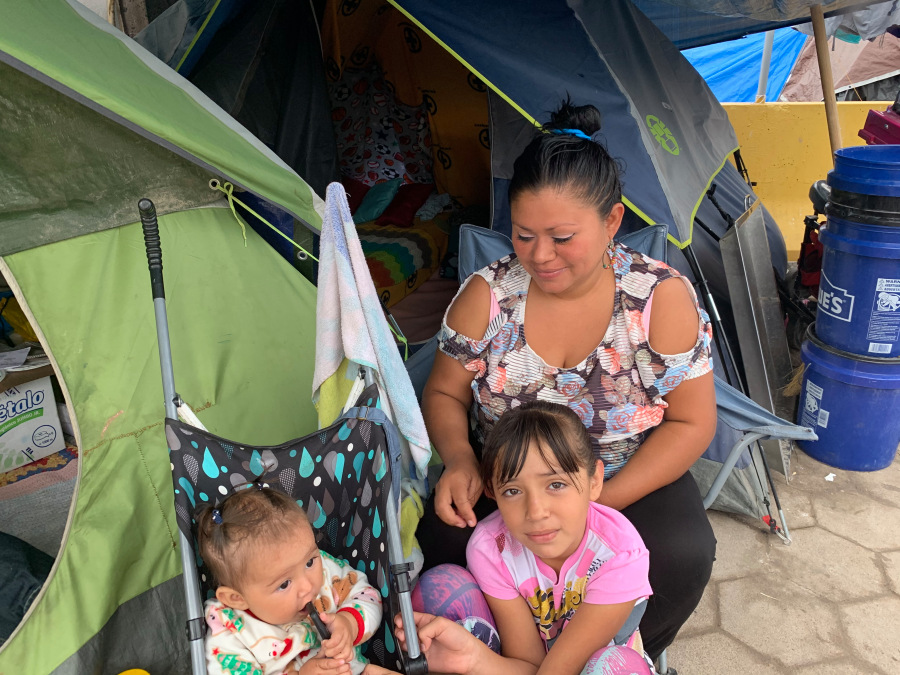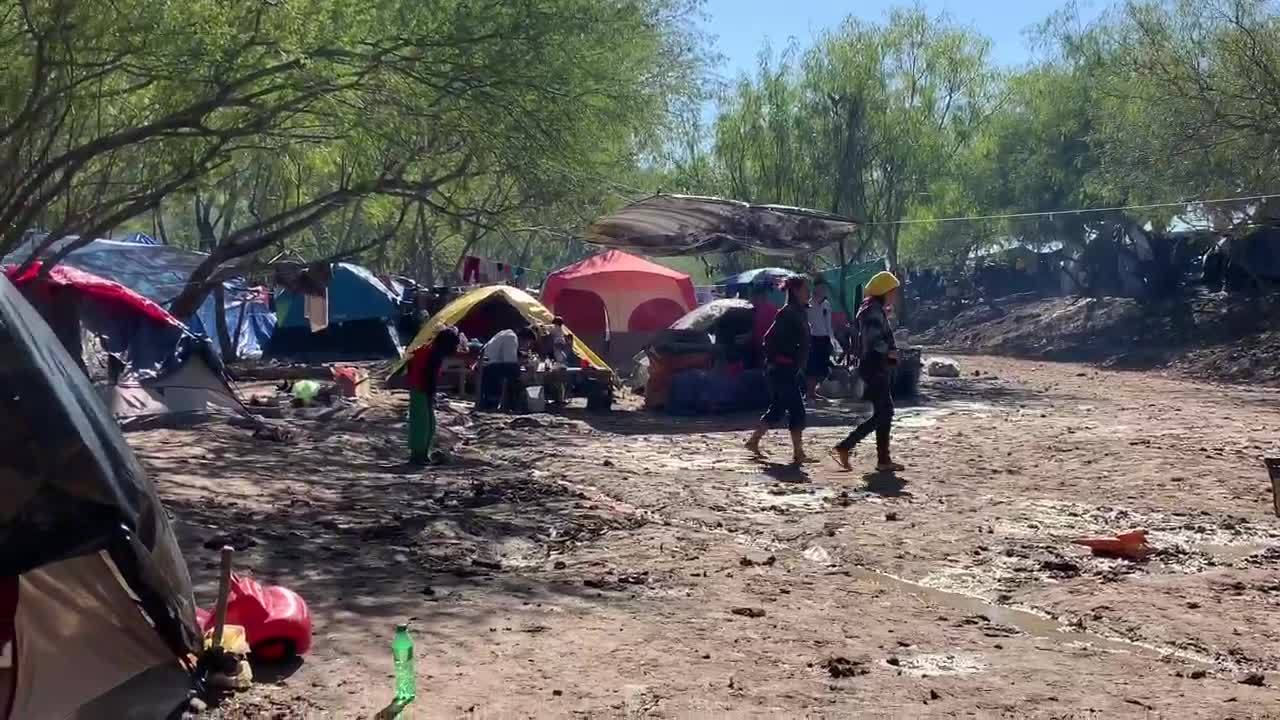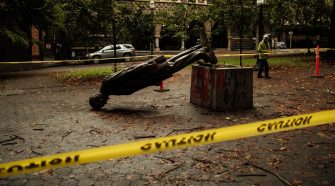Releases will begin at 3 ports of entry in southern California, El Paso and Brownsville, Texas, congressman says
McALLEN, Texas (Border Report) — Starting next week, some 25,000 migrants who were placed in the Migrant Protection Protocols (MPP) program will be allowed to apply for entry into the United States during their immigration court proceedings rather than being forced to wait in Mexico, a congressman told Border Report late Thursday.
This is welcome news to migrant advocates who have been trying to help the families cross for nearly two years, and who have expressed frustration over what appears to be a recent change in policy by the new Biden administration to allow some migrants who are apprehended by Border Patrol to be released into the interior if they promise to appear for future court hearings.
The asylum-seekers must have current active cases filed under the MPP program and test negative for COVID-19 before they can enter the United States, said U.S. Rep. Henry Cuellar, a Democrat from South Texas who is vice chairman of the House Appropriations Homeland Security Subcommittee.
The migrants will be brought in through three ports of entry by U.S. Customs and Border Protection officials in San Ysidro, Calif.; El Paso, Texas, and Brownsville, Texas, Cuellar said. Up to 300 migrants are expected to be processed per day beginning Friday, Feb. 19.
“CBP will begin processing individuals who are in MPP, the ones that still have an active case in U.S. immigration courts. They’ll be processing up to 300 per day,” Cuellar said.
Laredo, Texas, is slated to also process the migrants in the future, said Cuellar, whose hometown is Laredo. “They will announce other ones later and eventually expand to additional (ports of entry),” he said.
Cuellar met with U.S. Border Patrol and CBP officials in Laredo on Thursday and said he was informed that the process will involve and rely heavily upon the help of non-governmental organizations (NGOs) to assist the migrants in filling out the online application forms and getting all necessary documents and information to U.S. and Mexican officials.
Officials with the Department of Homeland Security will not allow those whose U.S. asylum cases have been terminated or who already have deportation orders, he said.
“After they qualify after registering online they’ll wait for instructions and as they prepare to enter the U.S. they will be kept at a so-called staging area in Mexico and receive a medical screening, COVID-19 test. Those who test positive will remain in Mexico until they are cleared,” he said.
Those who meet all the qualifications will be officially placed in what is called alternatives to detention through the U.S. Immigration Customs and Enforcement Agency. This will likely include ankle monitors and other tracking devices to ensure that they appear before U.S. immigration judges for their future court proceedings. “That is pretty much supervised release monitoring for those folks. And anybody who doesn’t follow that will be turned back under Title 42,” he said.

The Trump administration in March issued a public health emergency and border restrictions, under what is called Title 42, to help stop the spread of coronavirus. The restrictions remain in place at least until Feb. 21.
“It’s something long overdue. A lot of us who have known the people in the encampments and have stayed in touch with them and have seen the conditions they live in have been longing for this for a long time,” said Joshua Rubin of the group Witness at the Border. Rubin, who is from New York, and dozens of members of his organization came to South Texas last year and protested for several months against the MPP program and on behalf of the thousands of migrants in MPP who were living in a tent encampment in Matamoros, Mexico, just across the Rio Grande from Brownsville.
“I hope this goes quickly and smoothly. We’re waiting for details to understand this. It’s going to be a great relief to them. As far as I know they don’t know,” Rubin said.
The news came late Friday as the asylum seekers in Matamoros were bracing for freezing temperatures that have struck the Rio Grande Valley and were expected to plummet to the 20 degree mark in the upcoming days.
Volunteer organizations have been scrambling to supply the migrants with blankets, jackets and tarps for their tents to keep out the freezing rain and cold.
Currently
















